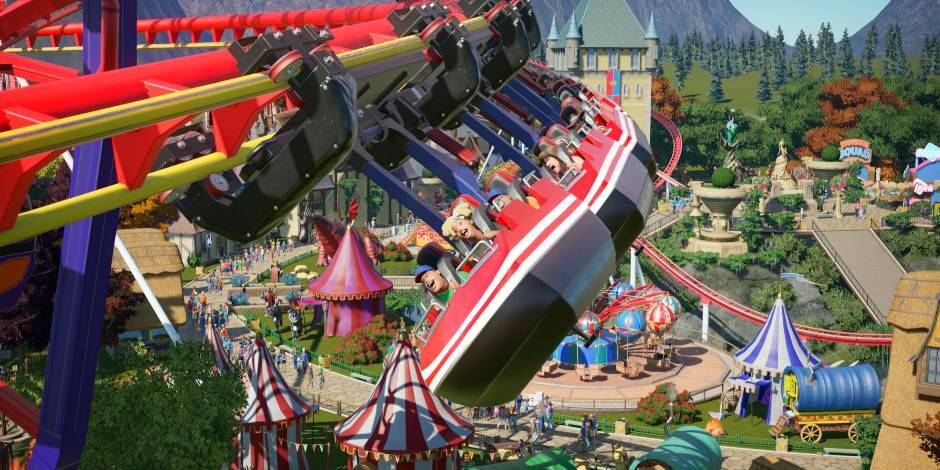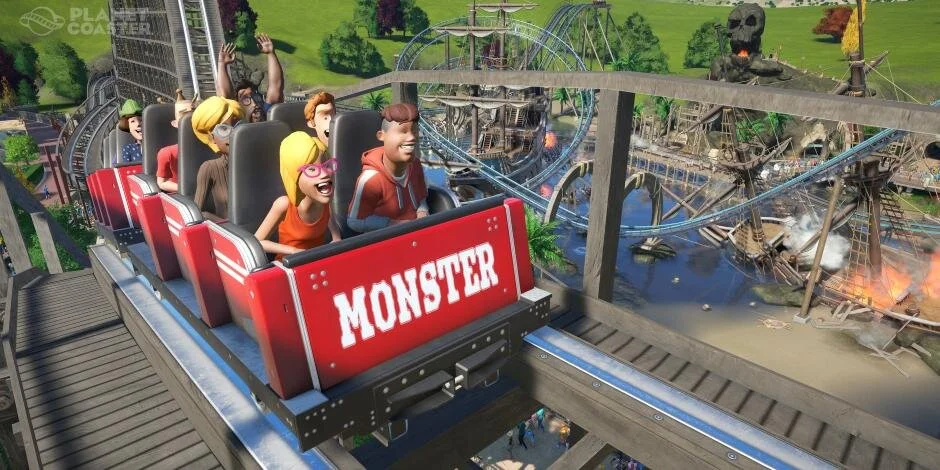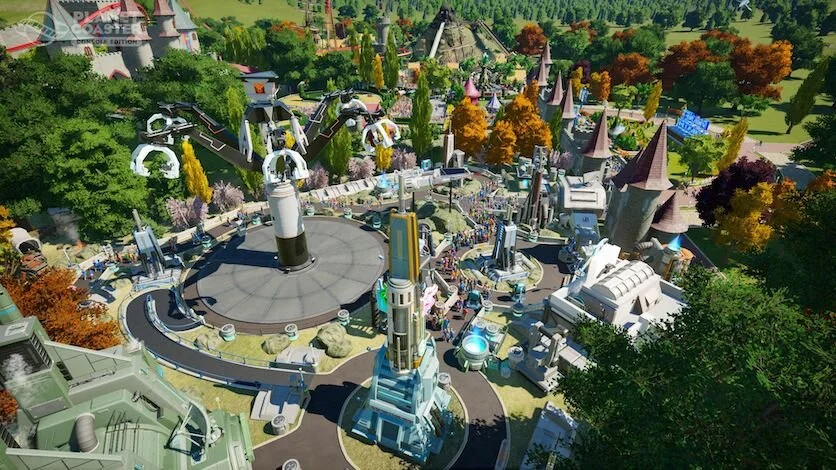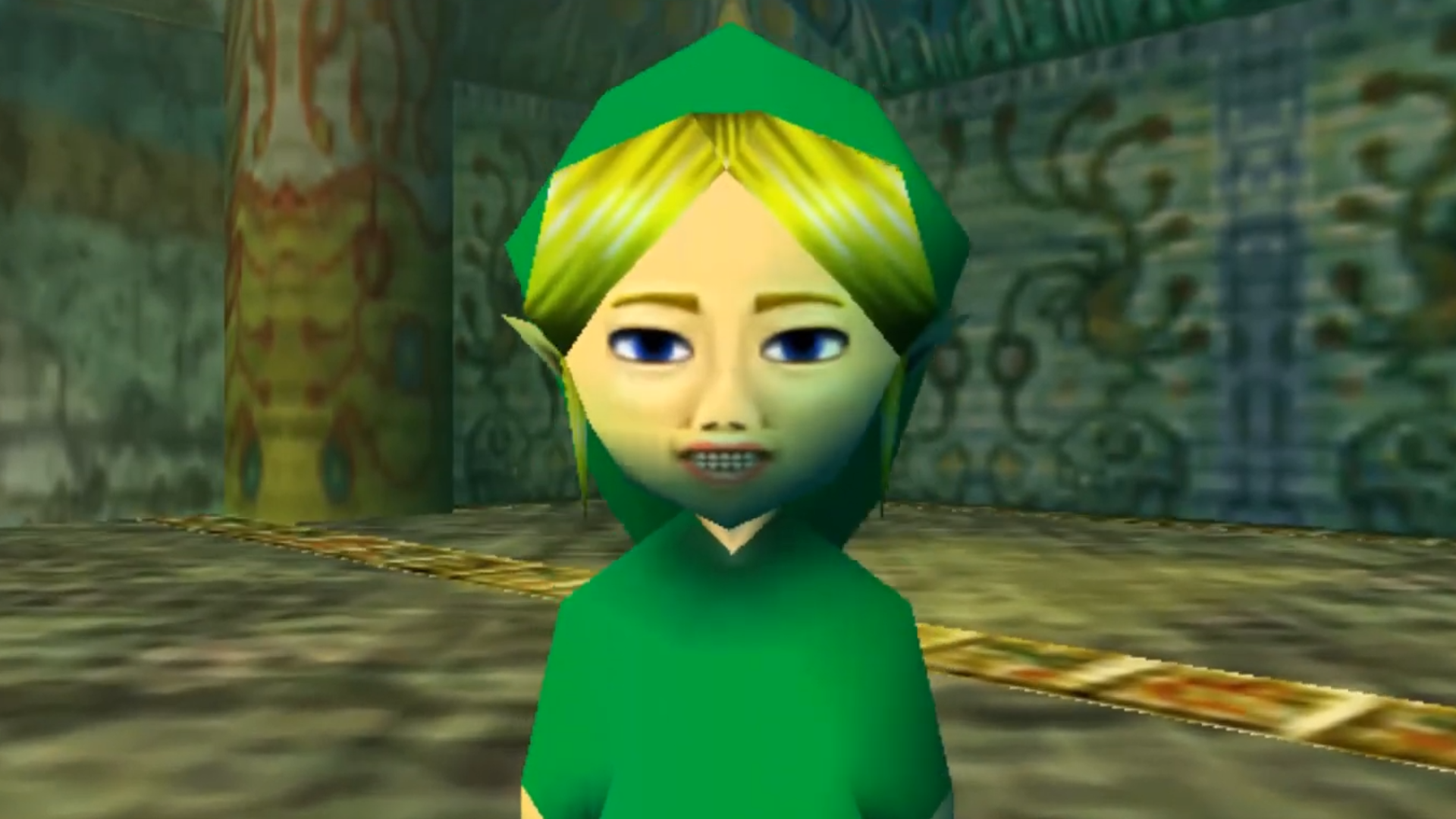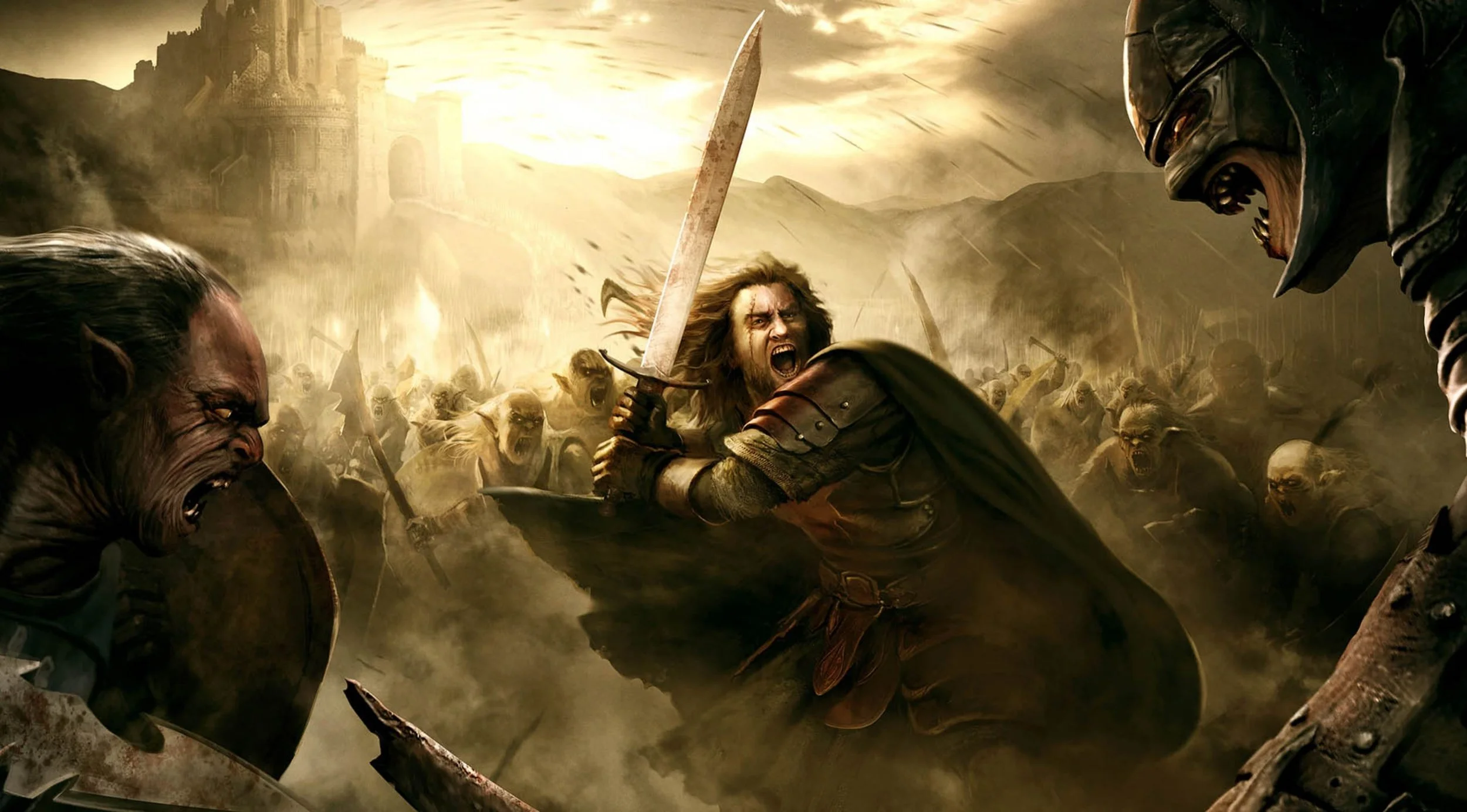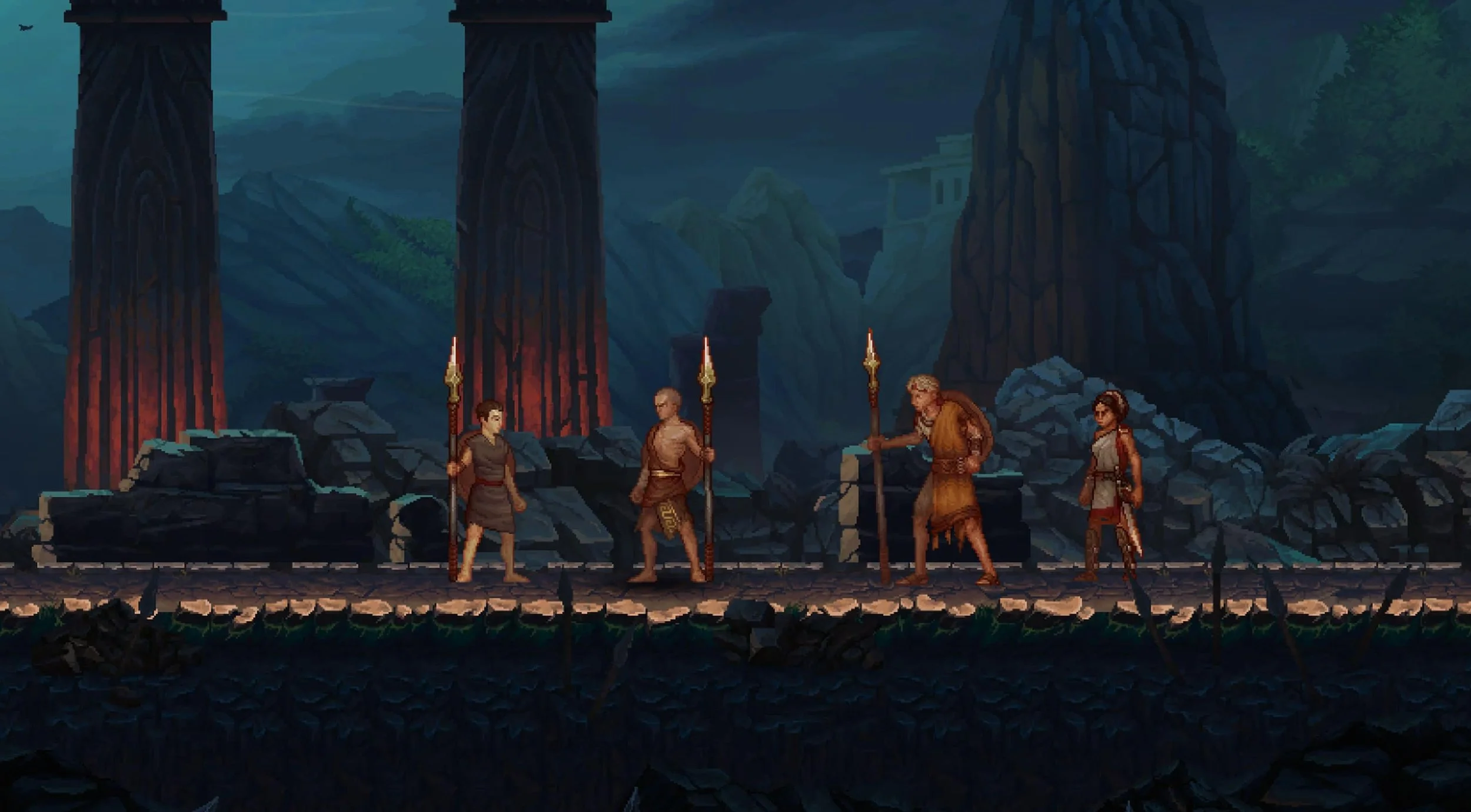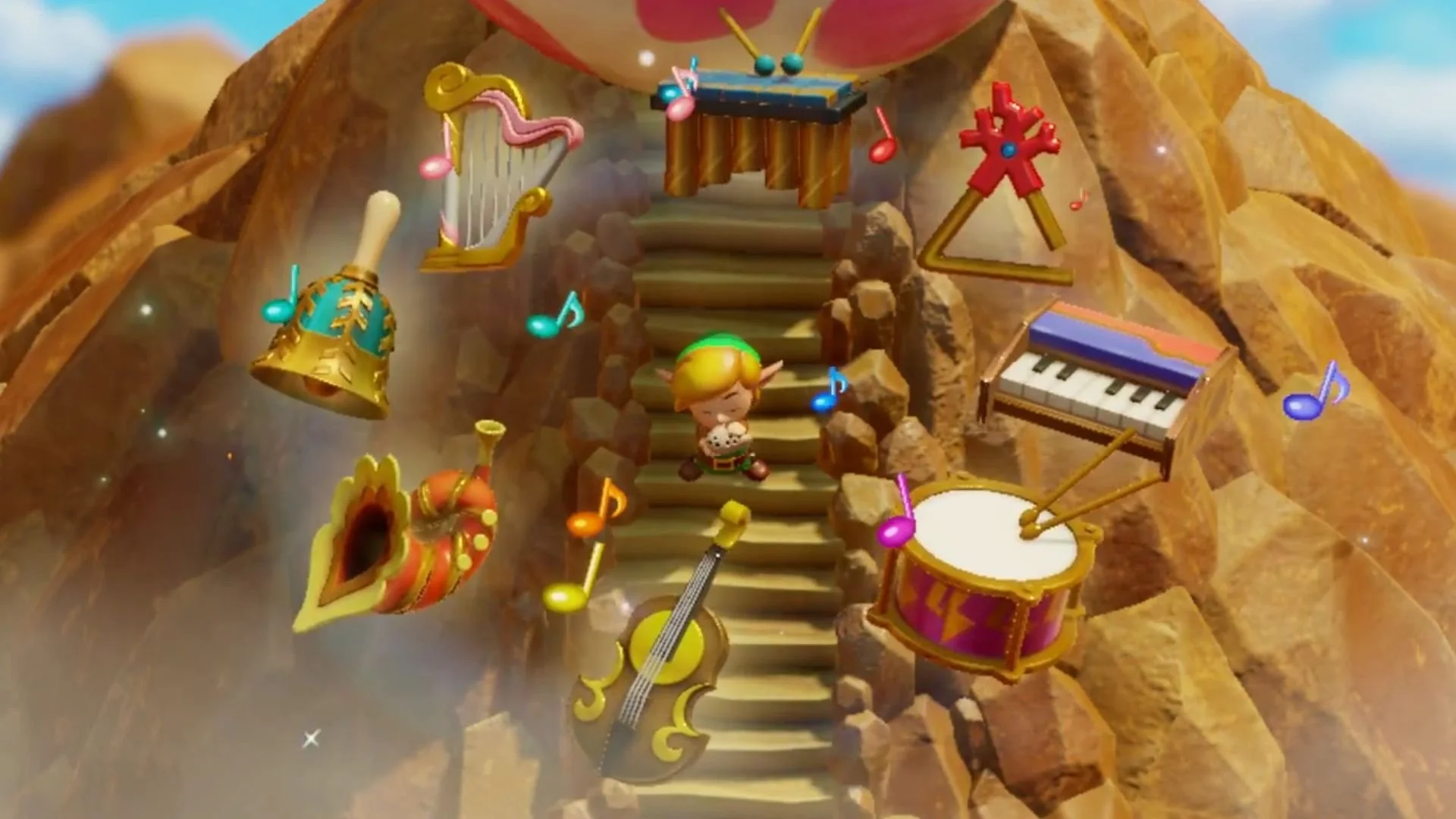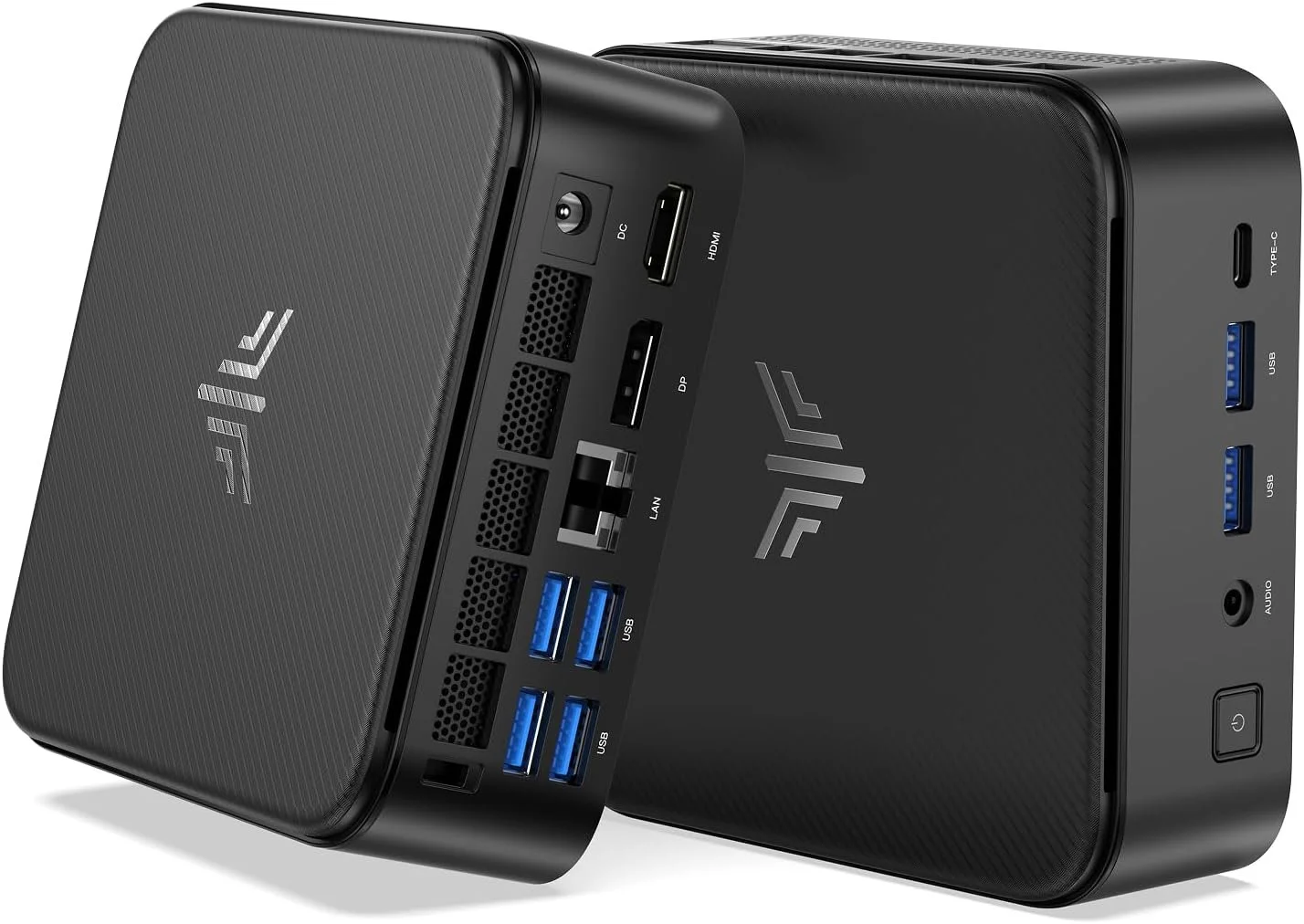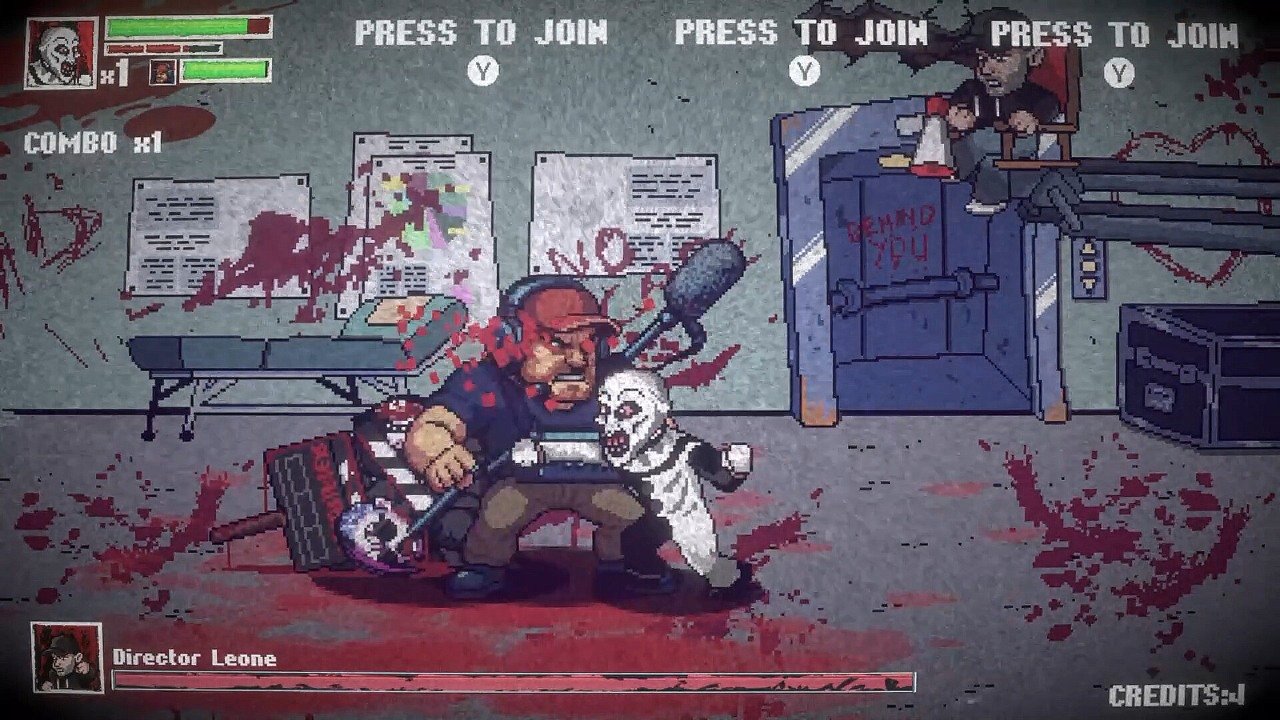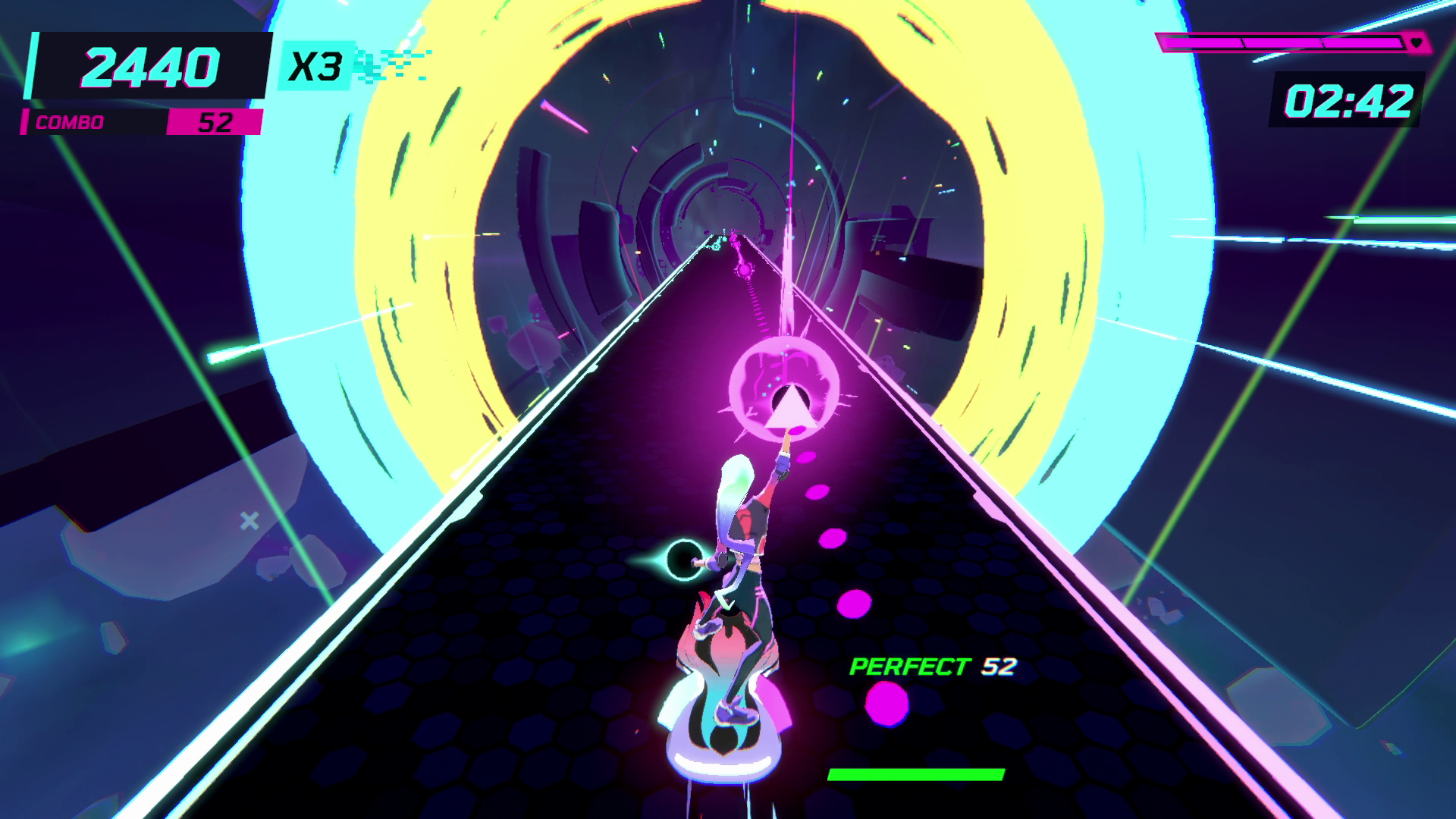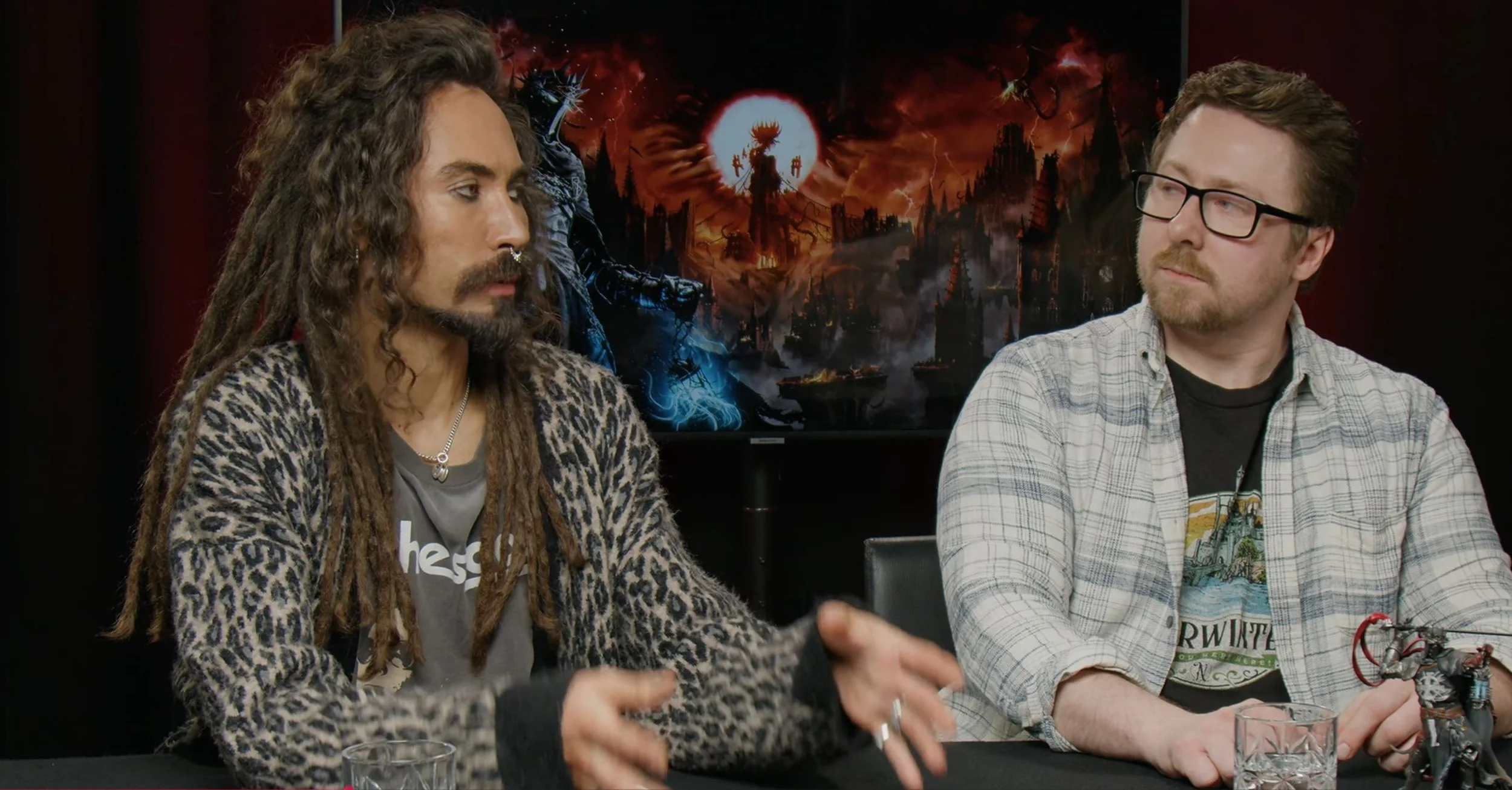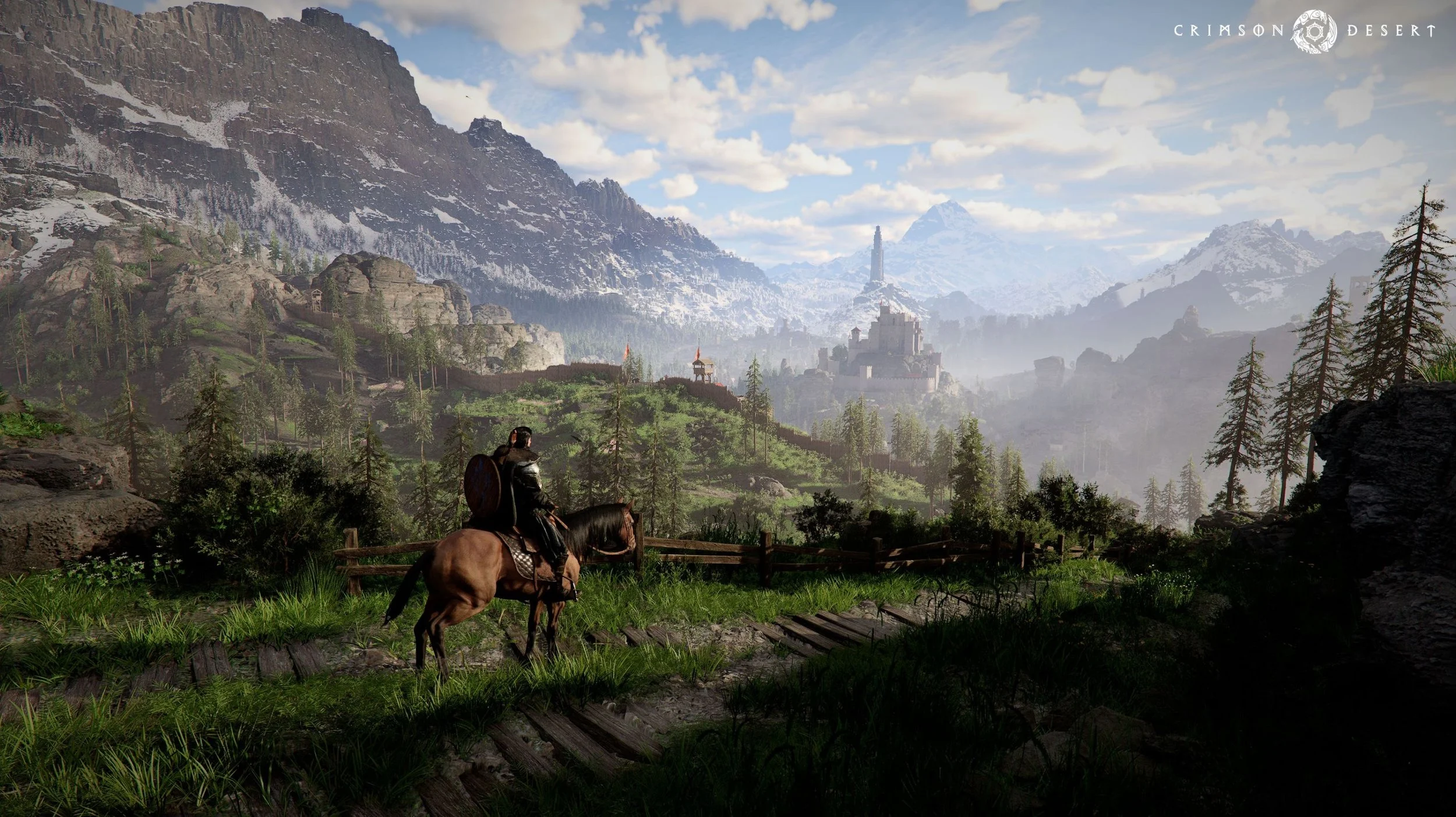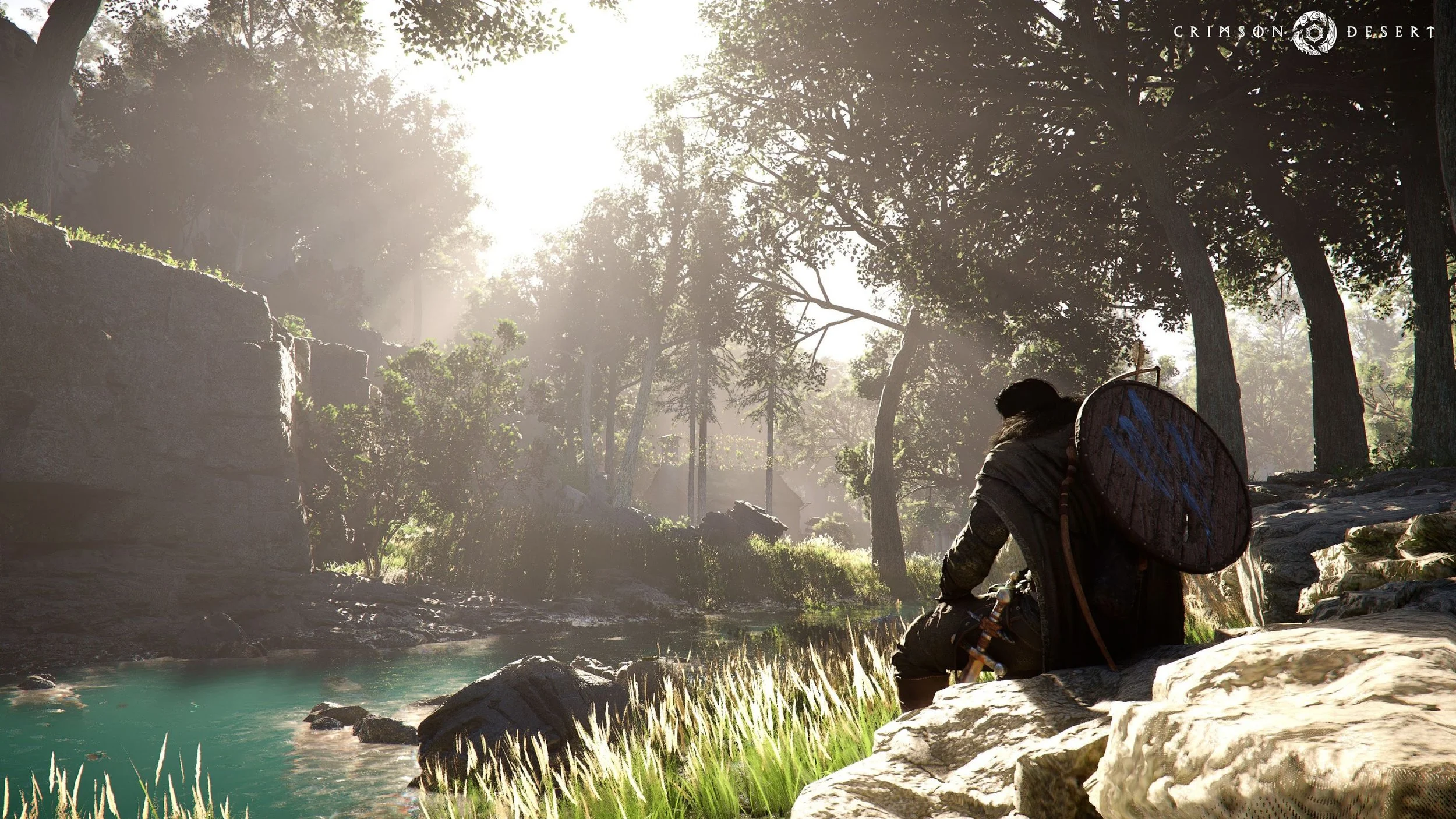PS4 review code provided Frontier Developments
Planet Coaster: Console Edition, as the name suggests, is the arrival of the theme park sim on consoles and brings all of the rollercoaster thrills from the PC community to those of us with controllers gripped in our sweaty palms.
It’s out now and the management sim from Frontier Developments is monstrous. You can do just about anything in these parks. Those looking for a long-term challenge will be able to start a career and assume the role of manager for fledgling or floundering parks, nurturing them to bigger profits and larger crowds. The sandbox mode lets players run rampant. It’s the creation myth where the god never rested and the world just kept growing. No matter what mode you play in, though, the creativity swirls in the air as Planet Coaster encourages you to try anything and everything. Nothing is off the table. Except for maybe that ability that players had in old games to pick people up and drop them into the water…
STORY
There isn’t an overarching narrative in Planet Coaster. The career mode gives you the most continuity but it’s really just a series of challenges that increase in difficulty. Move from one park to the next and fix their problems or boost their profits.
What does lend a sense of story and place is the cast of characters that talk to you and guide you through the game, commenting on your success and giving helpful nudges whenever you need to improve something. Oswald, the verbose and goofy mentor, talks to you the most and is with you for the majority of the game, but other individuals make appearances—Eugene the engineer and the money lady who likes money. Can’t forget the young teenager who bosses you around regarding park appeal.
Those men and women are a familiar crew throughout the game that helps connect the otherwise disparate dots in Planet Coaster.
If you’re looking for a story in a management sim, though, you’re probably looking in the wrong place.
GAMEPLAY
The core concept of the game is rather simple but it’s the implementation of that mission that gets sticky and detail-oriented. You need theme parks to succeed.
But what does that mean?
You want guests to come in, spend a lot of money, stay happy, remain in the park for a long time, and finish their time as satisfied as possible. You want your employees to work enough to keep them busy but not enough to burn them out. You need to manage the monthly costs of salaries, ride upkeep, and other maintenance costs. You need to adjust prices for food, drink, and rides—as well as the park entrance— in order to make a profit without upsetting the guests. You need scenery that makes rides inviting and queues more sufferable. You need rides and other attractions that boost the park's value. And you need to do all of this at the same time.
Thankfully, the game’s mechanics give you the right tools to get the job done. Pausing the game gives you a breather to assess the situation. Fast-forwarding helps you push through a slow patch of steady but small profit growth. Diving into a guest’s mind shares their experience in the park. Riding a rollercoaster in the first-person view allows you to see if the ride is working and how fun (or not fun) it is for guests.
This is a console edition where Frontier Developments has translated the PC game into something that makes sense on a different platform with a controller. It works well, but there is still a lot to process. You’ll be the master of tabs by the end of this game. A tab for coasters. One for rides. One for track rides. One for scenery. For staff. For facilities. Terrain. Paths. It’s all there, categorized into different places so that you can get started on whatever project you need to improve the park.
And if one thing starts to bore you, jump to the next. Planet Coaster makes it easy to save the progress of a park and switch to something else. The different game modes provide a lot of opportunities for enterprising players. Career mode is full of challenges that scale from beginner to expert. The Sandbox mode is perfect for the creative artist in you. Go forth and build the park of your dreams. And then there is also a way to connect with the Planet Coaster community at large and discover all of the wonderful things that they’ve made.
If I could convince you of anything, it’s the sheer scope of the game. There is so much to take in here. And a lot of it is fun. But it’s also somewhat paralyzing. Where I am in my life, I want games to be relaxing or immersive. Something that engages me and thrills me. Something that scares me. Something with a great story that pulls me in.
And Planet Coaster is not really any of those things—for me. It’s this big bubbling stew of analysis paralysis. Small decisions that need to be made across twenty different fronts within the theme park. It’s too much planning. Too much tinkering. It’s work.
Some people will see this game and know that it’s the most exciting management sim they’ve played in years. That will be true for them. I know it because Planet Coaster is a happy monster of a game. It’s really good in a lot of ways. But it doesn’t have the heart or the bite that I want my games to have. And so I found it pretty boring after a while.
There are hours of content here. I just didn’t want to wade through them.
VISUALS
Coming from a background where I played RollerCoaster Tycoon 3, the visual update to Planet Coaster is just insane.
Going on first-person rollercoaster rides. Zooming closer and closer before gliding over the paths with the guest. The details of the individual guests.
It’s all rather impressive. I don’t have a next-gen console, but I’m curious if it’s been optimized for the PS5. It’s pretty crazy thinking back to the fuzzy game that I played on my old desktop computer back in the early ‘00s. Planet Coaster has come a long way visually and my favorite aspect of the game is probably the first-person perspective when testing or going on rides.
REPLAYABILITY
Sandbox mode alone gives you the replay you want from this game.
There are hours of Planet Coaster gameplay. Just hours because you can spend all the time you want creating absurd coasters and humongous parks.
The parks within the Career mode wouldn’t really justify a second playthrough once you’ve completed them, but the length of the Career challenges alone would be enough for most players. After that, you can get your hands dirty with some truly remarkable terraforming and coaster-building.
While it’s not the game for me, players who enjoy this management sim can get lost in it.
WHAT IT COULD HAVE DONE BETTER
If I were to judge Planet Coaster purely on what it accomplishes as a management sim for a game about theme parks, then it smashes past expectations and really presents a solid gaming experience.
But that aesthetic doesn’t match my inclinations as a gamer and I’m also looking at this as a console game. For the most part, it’s translated well from a mouse and keyboard to a controller, but there are some areas where it’s weak—particularly in rollercoaster creation.
Building a roller coaster is a tedious task. So much so that I never finished one other than during the tutorial when I was exploring the controls and how the game functioned. A mouse would be more precise in constructing the track piece by piece, but it’s laborious on the DualSense controller. The developers have done everything they can to make it as intuitive as possible, but it’s still slow going. Adjusting track angles and tilting and direction all takes different manipulations and you’re pretty much committing to hours of work.
That’s not appealing to me. Spending 20 or 30 hours getting the park ready with the right coasters and the right orientation of the paths, scenery, and terrain is not something I want to be doing. I need a story. I need more engaging content. This feels like work.
Also, in expanding the game—with an almost ridiculous amount of content and minute details within the theme park—the developers have almost created an overload. There are just so many details to keep track of and evaluate as a manager. The employees (and their individual experiences with workload, happiness, and responsibilities) are a varied lot of mechanics, janitors, security guards, entertainers, and vendors. The guests (who you can dial in on person by person) have their own six different evaluations for managers to balance—hunger, thirst, energy, hygiene, happiness, and health. You can take out loans. Start a marketing campaign. Develop research. Create all the minor scenery you could dream of. Make your own blueprints. Edit work rosters. It’s… too much. I think dialing back some of the details might have made me less inundated with what started to feel like life rather than escapism.
VERDICT
If you like management sims and games in which players embark on a career to take over as the most accomplished in whatever realm of life is being simulated, then Planet Coaster will definitely reel you in and keep you on the hook. It’s got oodles of content and bundles of options for players to explore. Start a career. Build a park. Manage it. Take over mismanaged parks and turn them around into successful ventures. Discover limitless possibilities in a sandbox mode. Create the park of your dreams. Experience crazy parks built by other players.
It’s all there. So if you’re the best manager on the latest FIFA game or the executive czar in another game, there is a lot to love here.
If, like me, though, the management sim games have soured for you—if you don’t really want to do “work” when you play games and you’d rather experience something else—then Planet Coaster might present something less appealing over time. The game has grown up. It’s matured. So instead of a goofy adolescent with a penchant for rollercoasters, you’re left with an office worker in a bow tie with too many dad jokes. He’s not bad. He’s just not my type.
Planet Coaster is a great game, but it’s not the type I want to spend my time playing anymore.








